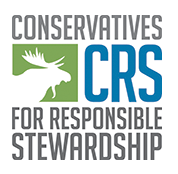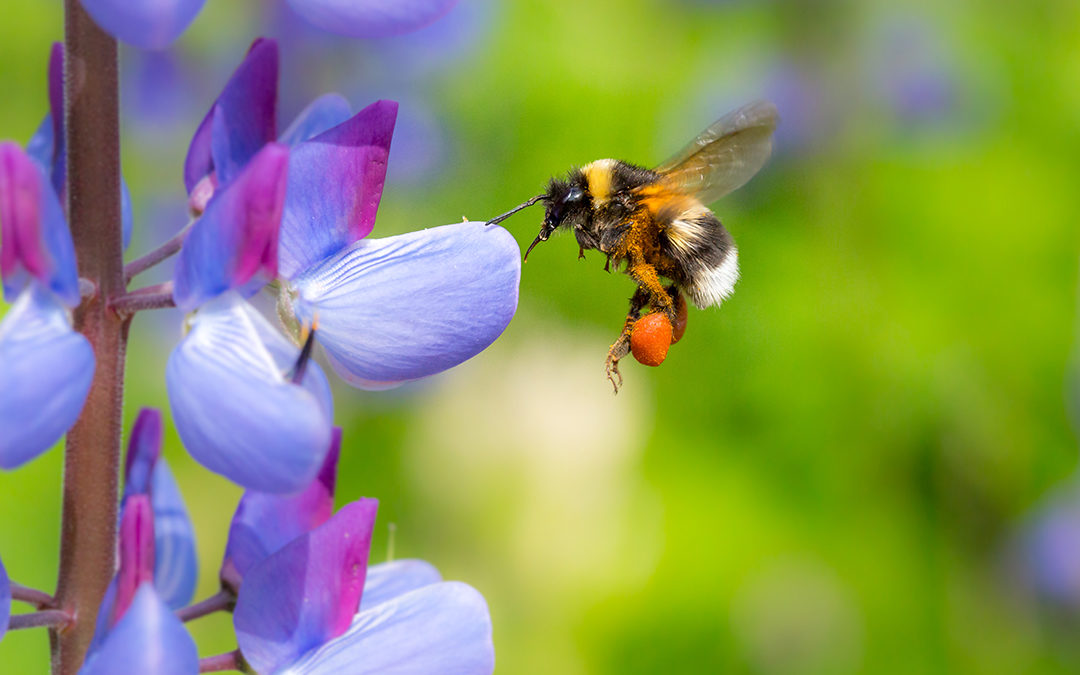People often do not realize just how much of the food we eat only exists because of insect pollinators, especially bees. Bees are in fact essential in the production of at least a third of our food. This includes most of the fruits, nuts, vegetables, and seeds that are essential to our diets.
That is why the fact that the American Bumblebee has completely vanished from eight states (Maine, Rhode Island, New Hampshire, Vermont, Idaho, North Dakota, Wyoming, and Oregon) should be a huge wake-up call for all of us. And this problem is not just limited to those states. In just the past two decades, the bumblebee population across the U.S. has declined by nearly 90 percent.
A similar decline is happening with honeybees. Beekeepers across the country reported losing more than 45 percent of their managed honeybee colonies from April 2020 to April 2021.
Pollinators directly contribute a whopping $24 billion to the U.S. economy. That number nearly doubles when you add in their indirect contribution to other agricultural products like milk and beef. Globally, 75 percent of the top 115 food crops depend on pollinators.
In the Bible verse (Matthew 25) where Jesus talks about our duty to care for “the least of these,” meaning the less fortunate, His words seems equally applicable regarding our obligation to protect pollinators. Without these tiny pollinators, many will suffer. Crop scarcity not only leads to famine in parts of the world, it also will cause food shortages and prices to skyrocket here at home.
Why is this happening? There are several reasons. Habitat loss and a changing climate play significant roles, but perhaps the biggest threat comes from the indiscriminate and irresponsible use of pesticides.
One shocking example of this pesticide use problem occurred in Wilsonville Oregon back in 2013. A landscape maintenance company carelessly treated 55 trees that were in bloom for aphids with a pesticide called dinotefuran. The result was the death of between 45,000 and 107,000 bumblebees.
This type of stewardship failure is commonplace all across our country. And it’s not just landscape companies that are at fault. It is agricultural operations, municipalities, exterminators, and homeowners.
Particularly concerning are the many mosquito control companies peddling their sprays as “all-natural” and “environmentally safe,” such as Mosquito Squad, Mosquito Joe, and Mosquito Authority. In truth, the chemicals these companies typically use are pyrethroids (i.e. permethrin) and are just as deadly to bees and other beneficial insects as they are to mosquitos.
Such companies also claim to avoid spraying near blooming flowers that attract bees. This claim does not appreciably mitigate the risk to bees. First, the slightest breeze can transport the pesticide well beyond its target area—and even onto adjacent properties. Second, bees often travel more than a mile between their hive and the flowers they pollinate. Finally, there is no way any of these companies can know if their employees are actually trying to avoid blooming trees and flowers, or that they even recognize less showy flowers.
In my neighborhood, for example, a beekeeper lost his entire colony because his neighbor hired one of these companies to spray their yard. Unfortunately, this kind of story—no matter where you live—is all too common.
Each one of us needs to do his or her part to help protect pollinators. First and foremost, that means just saying no to Mosquito Joe—and companies like it.
It is imperative that we educate our neighbors and the public at large about this serious threat to our food supply, our economy, and our way of life. Folks should also engage their local government and homeowner associations to enact policies to better protect pollinators.
The pop group ABBA (and yes, they are still around) recently released a haunting song called Bumblebee, that captures the consequences of pollinator decline on a more personal level. The song ends with the line:
Oh, yes, for now, I’m in my garden
Watching clouds sail with the breeze
Feeling sad for those who’d never
Hear the hum of bumblebees
Please do your part.



Dave – thank you so much for this post. I am glad to see CRS weighing in on this critical issue. And, as intrinsically important as bees are, as you duly note, I fear that they are a ‘canary in the coal mine’: their decline is sending us a warning of a much larger ecological calamity. So I second your call for reduced household pesticide use, especially for cosmetic reasons. (Quebec and other Canadian provinces have restricted the usage of pesticides in household landscaping, in recognition of the resultant adverse health impact of their use on people and pets.)
But returning to the subject at hand (the decline of bees and other beneficial insects): Thanks for asking folks to “Please do your part.” Fortunately, there are some great organizations and people working hard on this issue, and are great sources of information and suggestions for what people can do to help stem the decline. The Xerces Society (https://xerces.org/) comes immediately to mind. I also recommend the writings and presentations of Heather Holm (https://www.pollinatorsnativeplants.com/).
Thanks again for this excellent piece.
Little things that we can do include using more clover in the landscape. I have female dogs and they are not the best for a lawn. Clover is resistant to burning from their excess nitrogen, but in addition makes for a lawn that requires no fertilization (not that I ever do with a mulching mower). Years ago I went to a local farm store to buy some clover seed and I was met with the response: “Now why would you want that? Most people try to kill it off!”. This June as a federal Environmental Manager at my small DoD base I had a visit from a contracted entomologist doing a bee survey. Well flowering plants are pretty scarce on my unit but we hit paydirt with a field that had not been recently mowed- we found 3 different types of bees including bumblebees in that patch. However we did not find any of the endangered Rusty Patch bees that the fellow was interested in. I will confess to using imidachloprid systemic neonicotinoid applied in liquid form to the soil beneath the trees to protect my evergreens from persistent and destructive bagworms. My roses are well protected from Japanese beetles from my circa 1999 application of beneficial nematodes. We just have to work with nature, not fight it